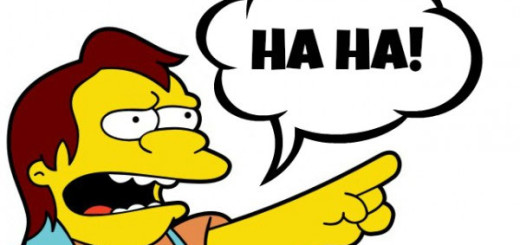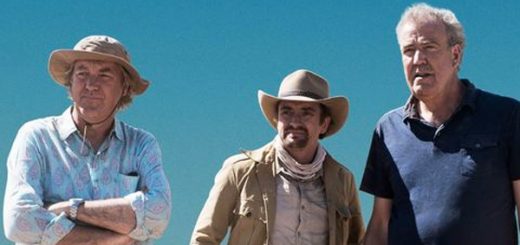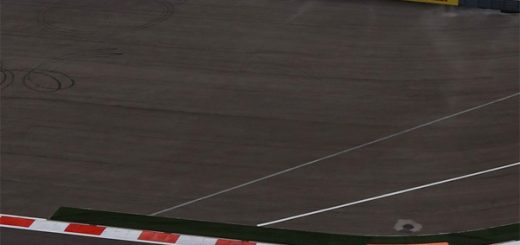What Squeezes Out Of The Other End Of Corona Virus Lockdown?
A while back, I did a post here on the concpet of self driving cars and how they would affect particularly cities in the long run. Self driving cars certainly are a disruptive technology that will most certainly one day become reality. The implications are huge, but the pale in comparison to what we are going through right now with the Corona Virus lockdown of 2020.
One thing for sure: The lockdown is having massive short term effects on travel, tourism, employment, and all sorts of other parts of our lifestyles. We are literally living differently than we have ever done before, most of us staying home for extended periods, with nowhere really to go. The restaurants, the bars, the cinemas, the shopping malls… they are all either completely closed or running in a very limited, very restrictive way. Quite simply, we aren’t going out for fun.
For myself, the implications are this: My building / estate / project has shut down all non-essential facilities. No gym, no pool, no gathering spaces, no public parking, no shops, no nothing. My regular day job (related to air travel) is entirely, completely shut down, and looks like it will remain that way for months to come. My children are out of school and there looks like little chance they will return at all for this school year. There is a strong potential they will have to repeat their current grades. Sucks for them!
The biggest question to me, however, is what comes out of the other end of this. Depending on who you ask, it can be anywhere between a couple of weeks and a couple of months for us to lose old habits and learn new ones. It’s why for most people starting to go the gym that there is a “hump” that they have to get over that turns gym time from something hard to handle to a normal part of the day. It’s also why when you stop going, it doesn’t take all that long to forget the habit of going.
Right now everything has been stopped. We don’t eat out. We don’t go see movies. We don’t drive anywhere, go shopping, visit grand ma, or the hundreds of other things that we use to do. Moreover, as many people are facing diminished incomes or the complete loss of income, many of their optional habits such as smoking or take out coffee and donuts are being ruled out or removed entirely. Can’t get there, can’t afford it if you get there.
Even if all of this disappeared tomorrow and it won’t… ( I am writing this in early April 2020) Most people will not be able to afford to return to their previous lifestyles. Most Americans (example) don’t have much money for emergencies, and this situation will have most certainly drained their meager savings and family good will for the foreseeable future. So the expensive coffee and the meals out may still be a long way away from coming back.
In my case, I am painfully aware that consumer discretionary travel will likely take a very long time to come back to normal. Anyone in the travel and tourism industry will have likely already written the summer travel season off almost entirely, and likely even greyed out Thanksgiving and even Christmas. So many people have burned their savings and used up their banked vacation days during this down time, and it’s unlikely that they will have the time or the money to travel. With tourism driving many economies (think Florida, example), it’s likely that people in these areas will be suffering even longer with unemployment or diminished wages.
The longer knock ons come from things like people not buying new cars, new houses, and shifts in consumer behavior in all discretionary areas. Can you imagine the impact for a company like Apple if people decide they can live with their current phone for another year or two, to save the $1000 it would cost to replace it? Can you imagine the knock on effect for the cellular companies who lose the flow through income from all of that? The shopping malls and store fronts that might have to accept lower rents or face vacancies as their companies deal with lower income? It’s all a knock on effect.
Someone also pointed out to me that many companies are seemingly more comfortable with remote work now. Imagine for a moment if 10-20% of workers stayed home instead of going to a work place each day. Imagine the change in traffic, gas consumption, traffic, restaurant visits, coffee shops… the list goes on and on. The way we work could change, and that change touches more than just your workplace itself.
Imagine the impact on restaurants if more people are home and actually cooking dinner instead of picking stuff up at the drive through on the way home?
It all starts back at habits. If consumers lose the discretionary habits that have fueled the economy, the impact can be very severe, and could go on for a very long time indeed.











